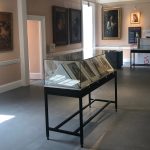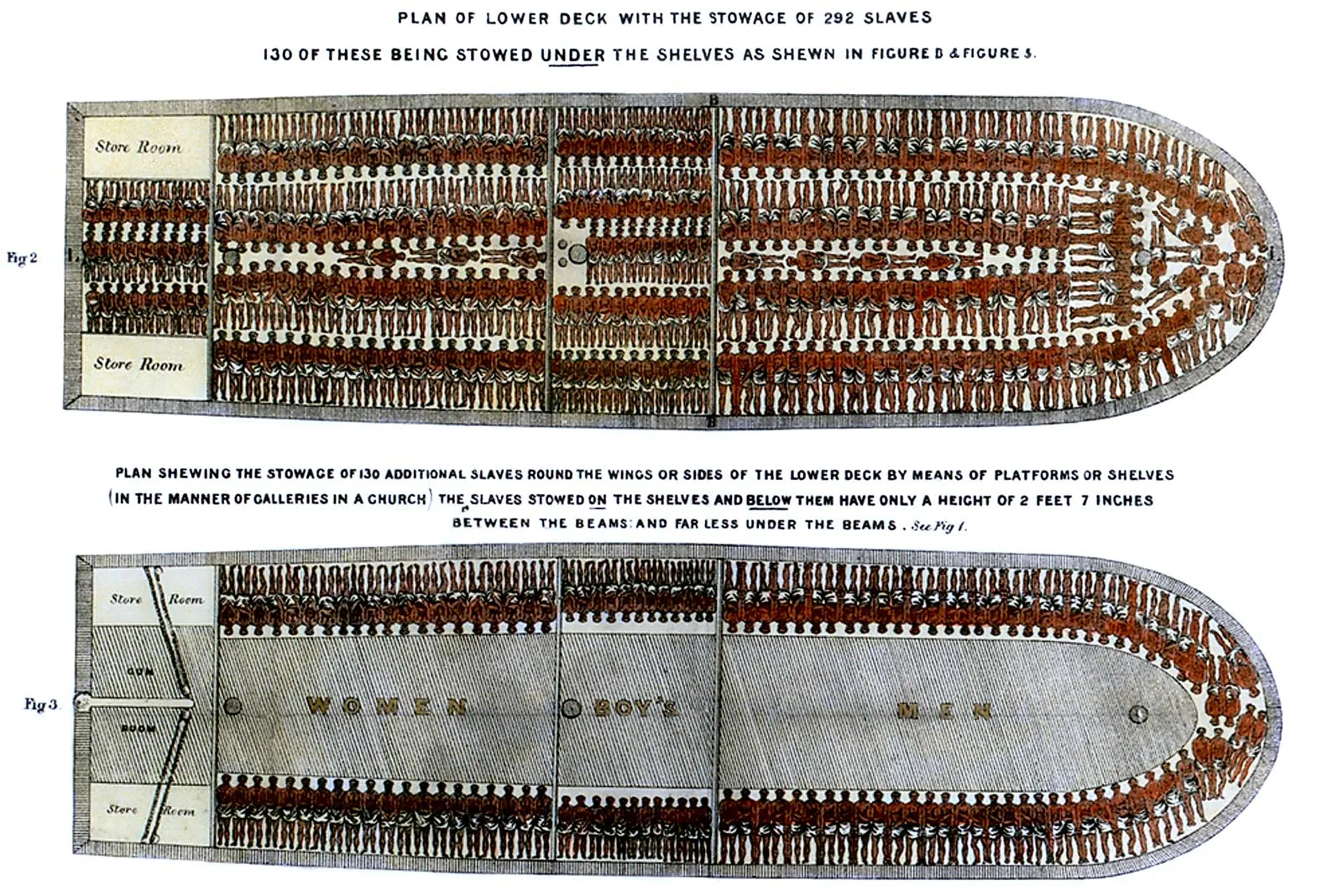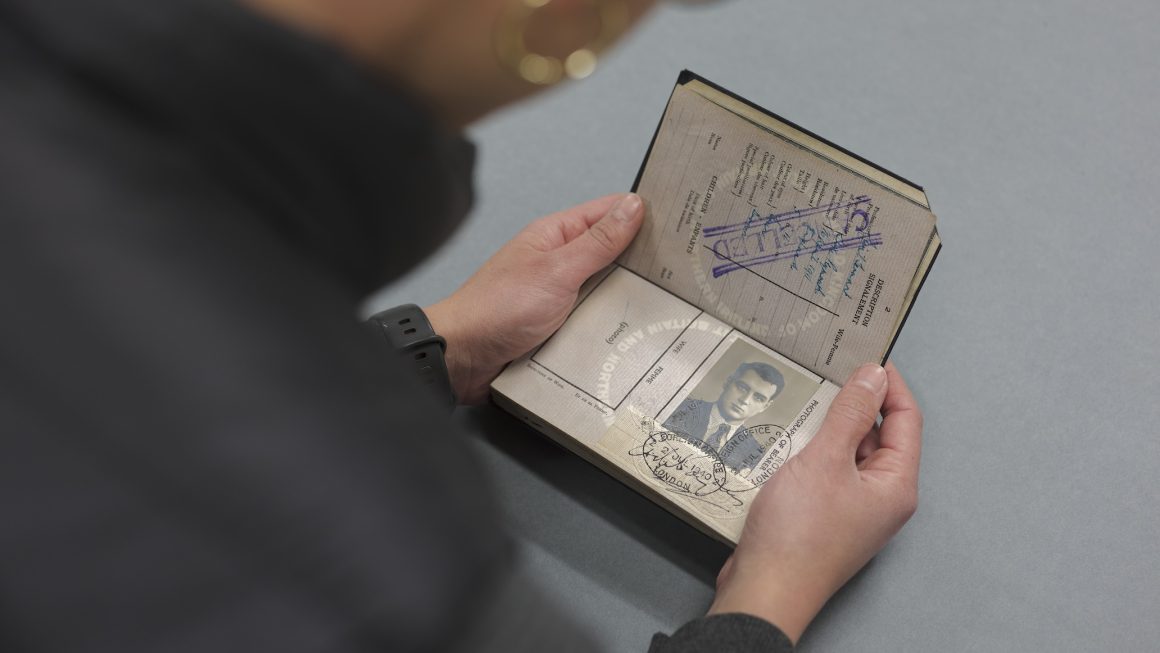The National Archives has secured a significant £1 million grant from Lloyd’s Register Foundation to launch an ambitious international research program examining the history of the transatlantic slave trade.
The initiative, called PASSAGE (Partnership for Transatlantic Slavery Scholarship, Archiving and Global Exchange), aims to connect scholars and archival collections across multiple institutions to enhance understanding of the maritime trade of enslaved Africans.
In a move that acknowledges the importance of community involvement, the program’s first year will focus on consulting with research communities in West Africa and the Caribbean to collaboratively design an international research mobility program based on the needs of researchers from these regions.
“The records in The National Archives and other institutions across the globe have not been fully researched,” said Saul Nassé, Chief Executive of The National Archives. “This project allows us to open records, working in partnership with scholars who are part of communities which were affected by the trade in enslaved people.”
Nassé emphasized the ethical dimensions of the project, adding: “It is important to collaborate with and facilitate the research of these scholars as they are crucial to interpreting and preserving records of enslavement in an ethical way.”
The collaboration represents a significant step for Lloyd’s Register Foundation, which has been examining its own historical connections to the transatlantic slave trade. Alex Stitt, Director of Heritage at the foundation, acknowledged this aspect of the partnership.
“We are on our own journey of researching and confronting the historical connections of Lloyd’s Register to transatlantic slavery,” Stitt said. “As an organisation that played a role in the maritime system that enabled the slave economy, it is vital that we acknowledge this past, and support those affected by its legacy.”
Historians have long highlighted the challenges faced by researchers studying the transatlantic slave trade, particularly those based in West Africa and the Caribbean. Many archival collections remain difficult to access due to inadequate catalogue descriptions and the geographical dispersion of related materials across different archives. For scholars outside Europe and America, these barriers are compounded by limited access to primary source materials, which are often only available in paper form in Western institutions.
PASSAGE seeks to address these challenges through a two-pronged approach: developing new scholarship, digital outputs, and enhanced catalogue data while simultaneously establishing a research mobility program to create greater access to historical records.
Dr. Michaela Johnson, an historian specializing in Atlantic slavery studies at University College London who is not affiliated with the project, called the initiative “a long-overdue step toward democratizing access to critical historical records.”
“For too long, the barriers to accessing these archives have privileged Western researchers while excluding voices from the very communities most affected by this history,” Johnson told this publication. “This kind of collaborative approach has the potential to transform our understanding of the transatlantic slave trade.”
The National Archives is actively seeking participation from researchers, particularly those from West Africa and the Caribbean, and has invited interested scholars to contact research@nationalarchives.gov.uk for more information about involvement opportunities.
The public can explore aspects of the transatlantic slavery collection through The National Archives’ online gallery and read about recent cataloguing work on the Detached Papers of the Company of Merchants Trading to Africa.













